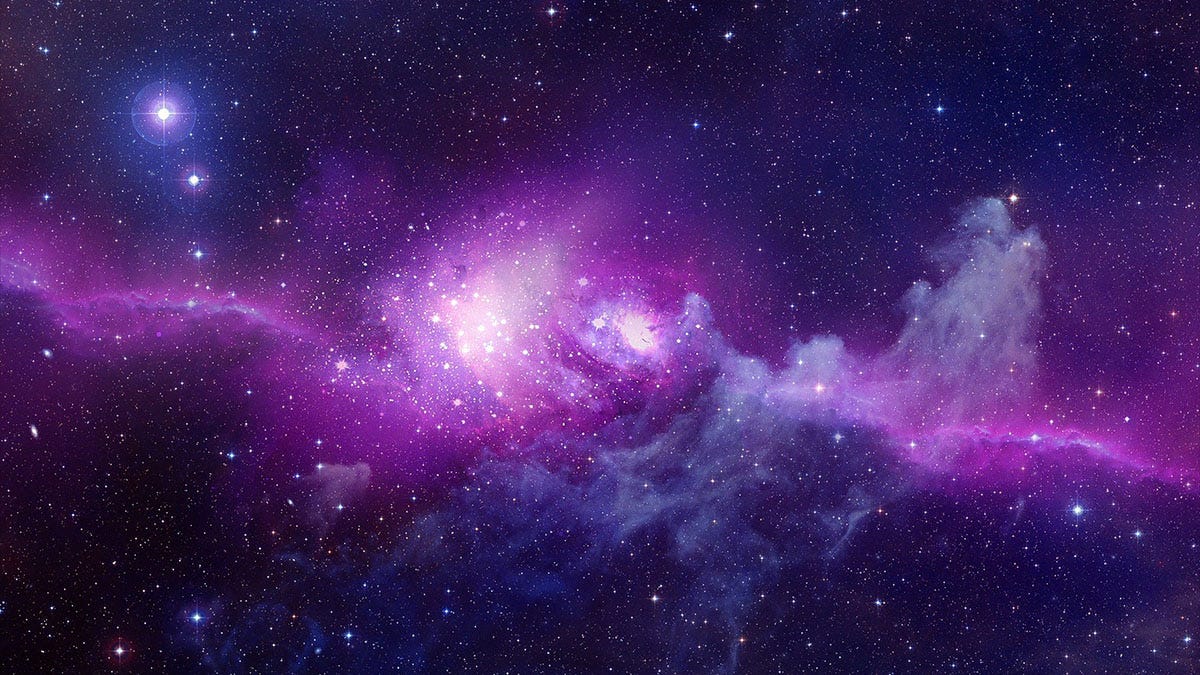your science briefing for 02.25.2025
Why a lot of cosmologists want to ditch dark energy, AI keeps finding solutions to the superbug crisis, why Earth's blue oceans are an anomaly, and more...
Here’s the thing about dark energy. It’s not intuitive. It doesn’t explain what we see as we look up to the stars. We can’t even agree on the actual effect it’s having. So, if you don’t like the idea of dark energy, you’re not alone. In fact, a whole lot of cosmologists and physicists would much rather ditch it for something much more testable and clear to better understand the mechanics of our universe… (Nautilus)
Just because AI is being used and abused by people whose only concern is a number going up at the end of the fiscal quarter, doesn’t mean that the technology can’t be a revolutionary boon to humanity. One of the most underreported but valuable tasks in which AI is excelling is helping researchers overcome antibiotic resistance. And it’s so good at the task, it managed to recreate a solution to a biological problem that took scientists two decades in just two days… (BBC)
We live on Earth, the blue planet, right? Our oceans are blue, they’re by far the most visible and dominant feature of our planet, therefore, our world is the Blue Marble. At least for the time being. Turns out that for majority of Earth’s existence, our oceans were green, and will return to this greenish color in the not so far future thanks to their vast populations of bacteria and climate change… (Popular Mechanics)
With more regressive governments either getting footholds or winning elections in the West, fossil fuel companies seem interested in flexing their legal muscle to muzzle as much dissent and criticism of their projects as possible. This is why a huge oil and gas company from Texas is suing Greenpeace over environmental protests over a pipeline project in North Dakota, claiming that the group encouraged Native tribes — to which the land is sacred, by the way — to protect the venture… (The Guardian)
Yes, nuclear fusion is always 20 years away. Yes, it turns out that viable fusion is way, way more complicated than ever imagined. Yes, we still have a lot of research to do if we want to see it happen. But labs continue to inch closer and closer to benchmarks necessary to achieve gainful fusion reactions. In the newest development, the WEST reactor in France just set a record by maintaining stable 100 million degree plasma for 22 minutes and 17 seconds… (CEA)
![[ world of weird things ]](https://substackcdn.com/image/fetch/$s_!V-uR!,w_80,h_80,c_fill,f_auto,q_auto:good,fl_progressive:steep,g_auto/https%3A%2F%2Fsubstack-post-media.s3.amazonaws.com%2Fpublic%2Fimages%2F93728edf-9a13-4b2b-9a33-3ef171b5c8d8_600x600.png)

